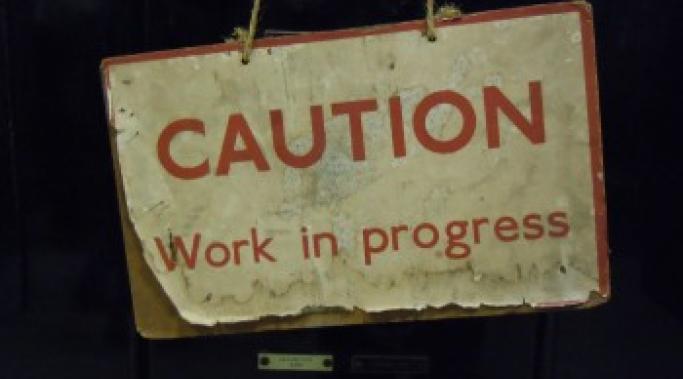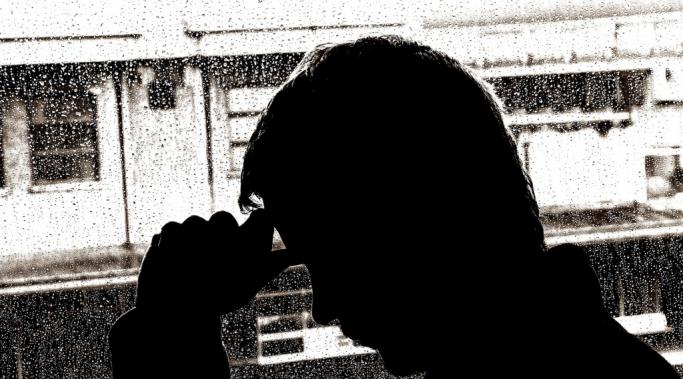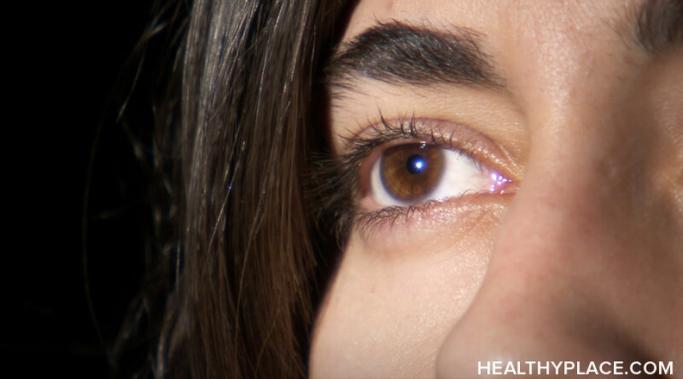At one year after my dissociative identity disorder diagnosis, I can say I have learned a lot. When you receive a dissociative identity disorder (DID) diagnosis, your life changes (Criteria for Dissociative Identity Disorder in the DSM-5). You learn to adjust your life as a multiple in a world designed for singletons. Those adjustments aren't easy, but you try and figure it out. Some changes can lead to progress, while other changes can set you back. So does living with DID get easier over time? Is one year after my dissociative identity disorder diagnosis easier than day one?
Living with DID
Many people with dissociative identity disorder (DID) experience symptoms of depression. Sometimes, the depressive symptoms are minor and intermittent. Other times, the symptoms are substantial enough to result in an additional diagnosis of a depressive disorder. In either case, depressive symptoms can have a significant impact on those with DID, and can make living with DID a little more complex.
Life with dissociative identity disorder (DID) is often filled with self-doubt. People with DID doubt their memories and doubt themselves. It is especially difficult in the beginning of a DID diagnosis, when the urge to engage in denial is often the strongest. But the tendency towards self-doubt doesn't stop there; it can continue for years. One cause of consistent self-doubt is related to a type of psychological abuse experienced by many with DID: gaslighting.
Suicide risk in dissociative identity disorder (DID) is a significant concern (Facts About Suicide). People with DID have one of the highest risks for suicide. According to the Diagnostic and Statistical Manual of Mental Disorders (DSM-5), more than 70% of outpatients with DID have attempted suicide, and multiple suicide attempts are common. What causes this increased suicide risk in DID, and can it be prevented?
People with dissociative identity disorder (DID) often experience recurring grief. This grief is not always connected to physical loss and death. It can also be connected to symbolic loss, a type of loss commonly experienced by trauma survivors. This type of loss can have profound, lasting effects. For a person with DID experiencing grief because of symbolic loss, the entire system can be affected, complicating the grieving process even more.
Grief and dissociative identity disorder can be complicated. People experience grief at various times throughout their lives, often when someone passes away. These losses can be difficult to manage, and when you have dissociative identity disorder (DID), that grief can be even more complicated. Recognizing the complexity of grief and working through it is important for those with DID in order to get through times of loss.
Disclosing a dissociative identity disorder (DID) diagnosis is a personal choice. There are many options regarding dos and don'ts of disclosure, and all of the pros and cons should be considered before making a decision. It is especially important to consider the risks of disclosing a DID diagnosis, and be prepared for any negative consequences that may come as a result of being open.
I am living with dissociative identity disorder and I can't just "get over it." Would you tell someone with diabetes to "just get over it?" Dissociative identity disorder (DID) and other mental illnesses are illnesses. They all have causes, treatments, and greatly affect the individuals that have them. Mental illness is not a choice. It cannot be switched off and on at will. No one can wake up and decide they aren't going to be mentally ill that day. So why do some people expect those with mental illnesses like DID to just get over it?
Dissociative identity disorder (DID) includes the experience of hearing voices, medically referred to as auditory hallucinations. This is also a common symptom in several other mental illnesses, including schizophrenia, schizoaffective disorder and bipolar disorder. The experience of hearing voices in DID is quite different from the experience of hearing voices in other disorders, however, and the causes and treatments are not the same.
Life with dissociative identity disorder (DID) is a journey full of new discoveries, growth and understanding. It is also a journey full of denial, confusion, and pain. Just when you think you have a grasp on life with DID, something (a new alter, or a new memory, perhaps) comes along and shakes everything up. Life with DID can be a difficult journey, but it's not an impossible one.




